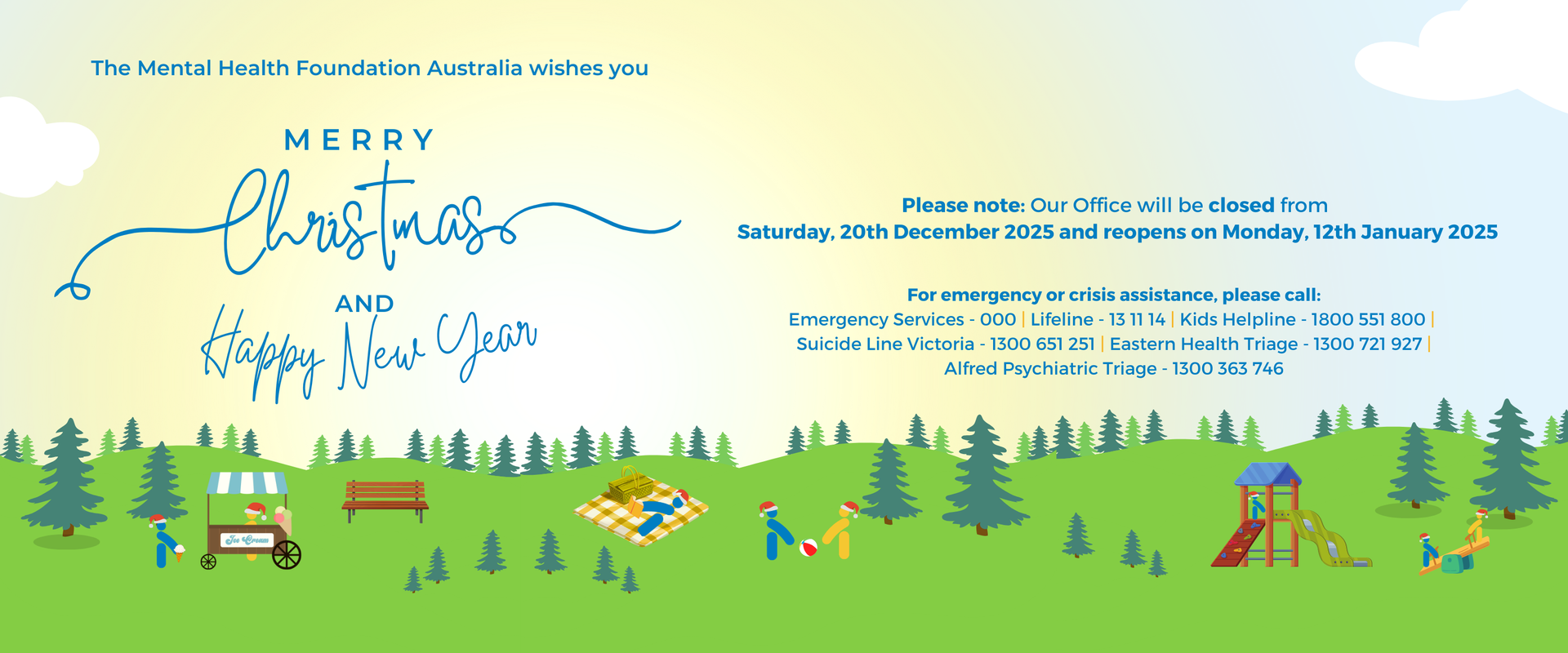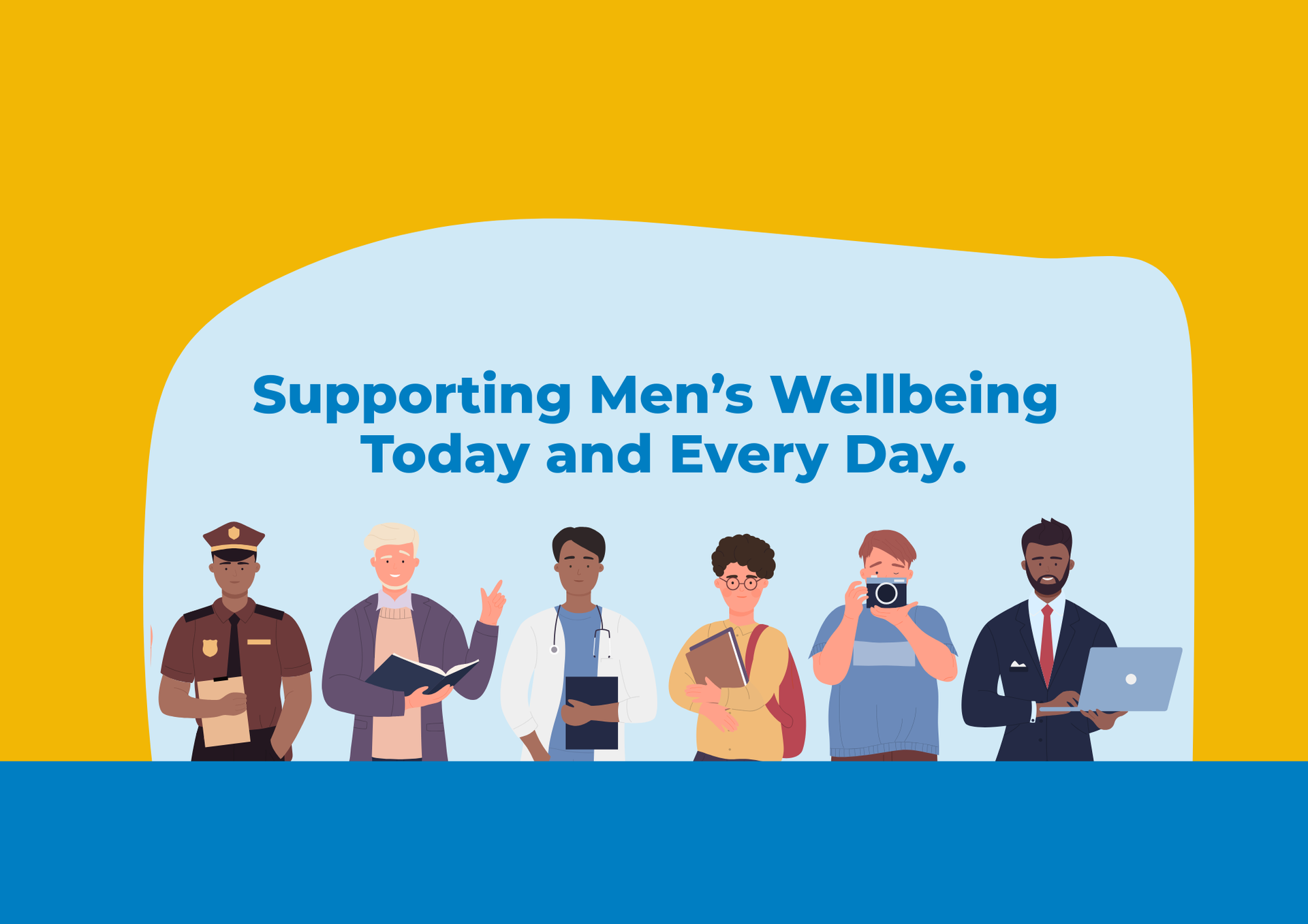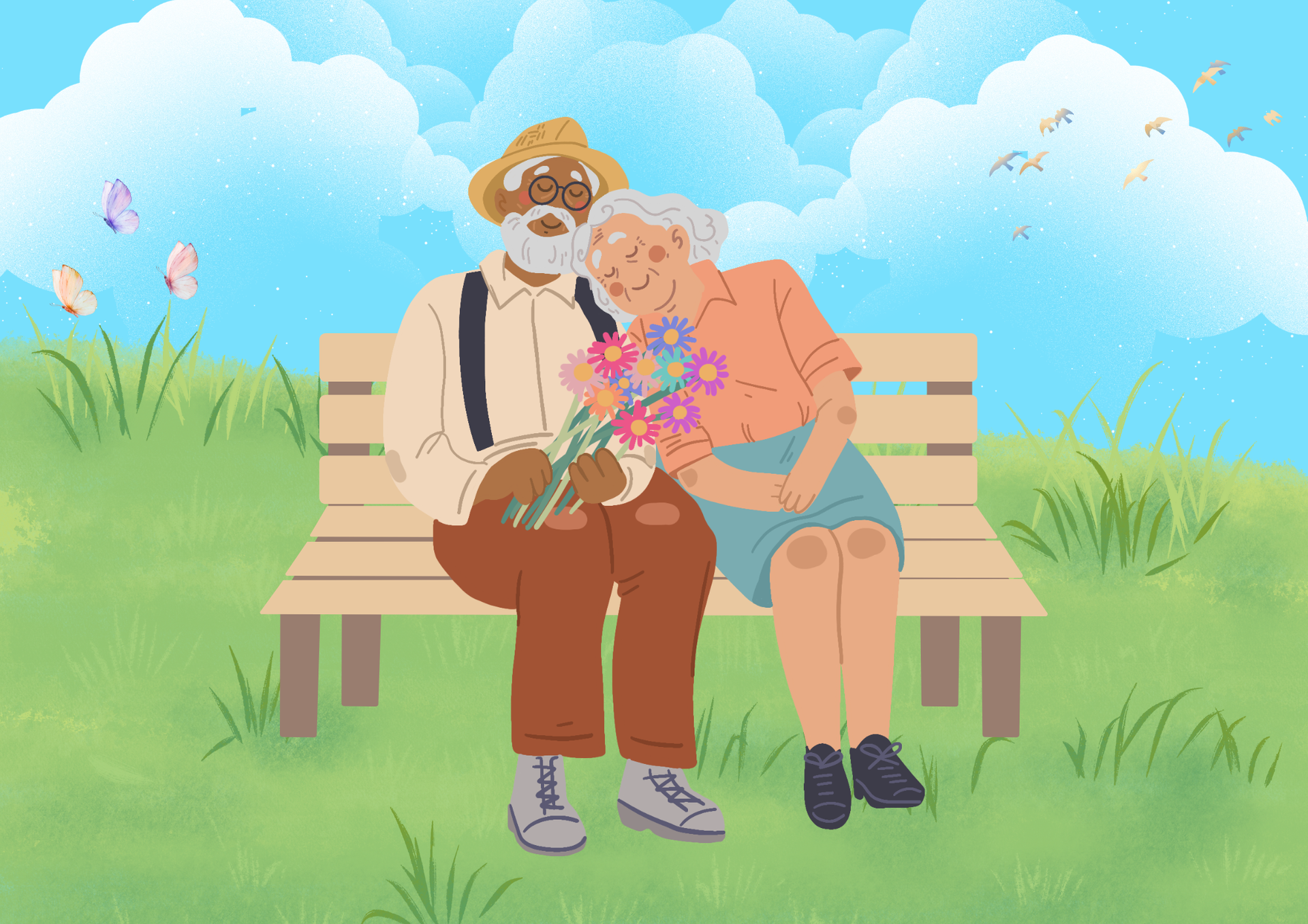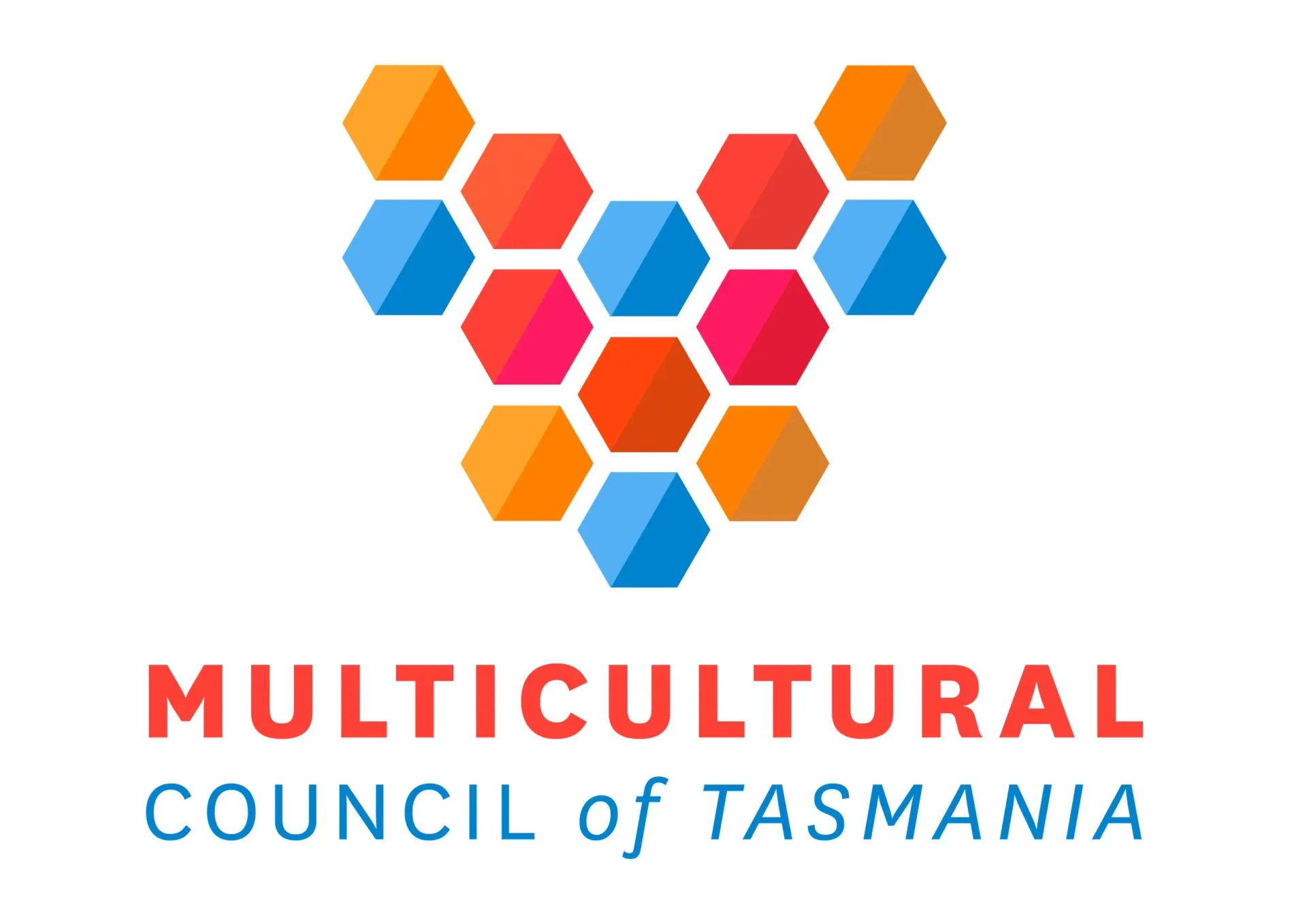
How can we help you today?
Counselling or Psychological Support
The Wellness Hub Psychology Clinic offer affordable counselling from $30 per 50-minute session, both in-clinic and telehealth appointments available. A fully integrated, multidisciplinary health service for youth, adults, carers, and families.
Peer Support
Our free support groups offer a safe and non-judgemental space where participants can open up, realise they are not alone, address past unresolved issues, set new goals, learn new skills and take charge of their lives and connect with like-minded individuals.
Mental Health
First Aid Course
Mental Health First Aid is a practical training program that equips workplace adults with the skills and confidence to recognise, respond to, and support a co-worker or adult facing a mental health challenge or crisis until professional help is received or crisis resolves.
Our Impact
500,000+
individuals supported annually with our mental health awareness and education programs, offering counselling, support groups, and educational workshops.
3,000+
participants benefit annually from the Foundation's 30+
mental health support groups, with groups held for various mental illnesses and conditions, including culture-specific groups.
2,000+
affordable psychological counselling appointments to clients of all ages, offering both in-clinic and telehealth for just $30 per 50-minute session, or free for those who cannot afford it through the Wellness Hub.
Get Involved
Donate
By donating today, you help provide vital mental health services to those in need. With your generosity, we can continue offering counselling, support groups, wellness programs, and crisis intervention for individuals who are struggling.
Advocate
By advocating, you are empowering individuals, communities and families on the importance of mental wellbeing, education, while fostering inclusivity and accessibility of support to those in need.
Internship Program
At MHFA, we are working towards better mental health for all and we welcome individuals from all walks of life, be part of the work experience program and we do not require any specific qualifications or experience.
Become a Member
What's on Mind Awareness Blog
Subscribe to our newsletter
For latest updates on upcoming events, programs and resources!
Serving the community since 1930
Mental Health Foundation Australia (MHFA) is the oldest community-based non-government mental health organisation in Australia, serving the community since 1930. MHFA has played a significant role in establishing the current network of services and support for mental health consumers. Many of the organisations now prominent in the mental health sector had their beginnings as a part of the Foundation or developed out of MHFA initiatives.
























































